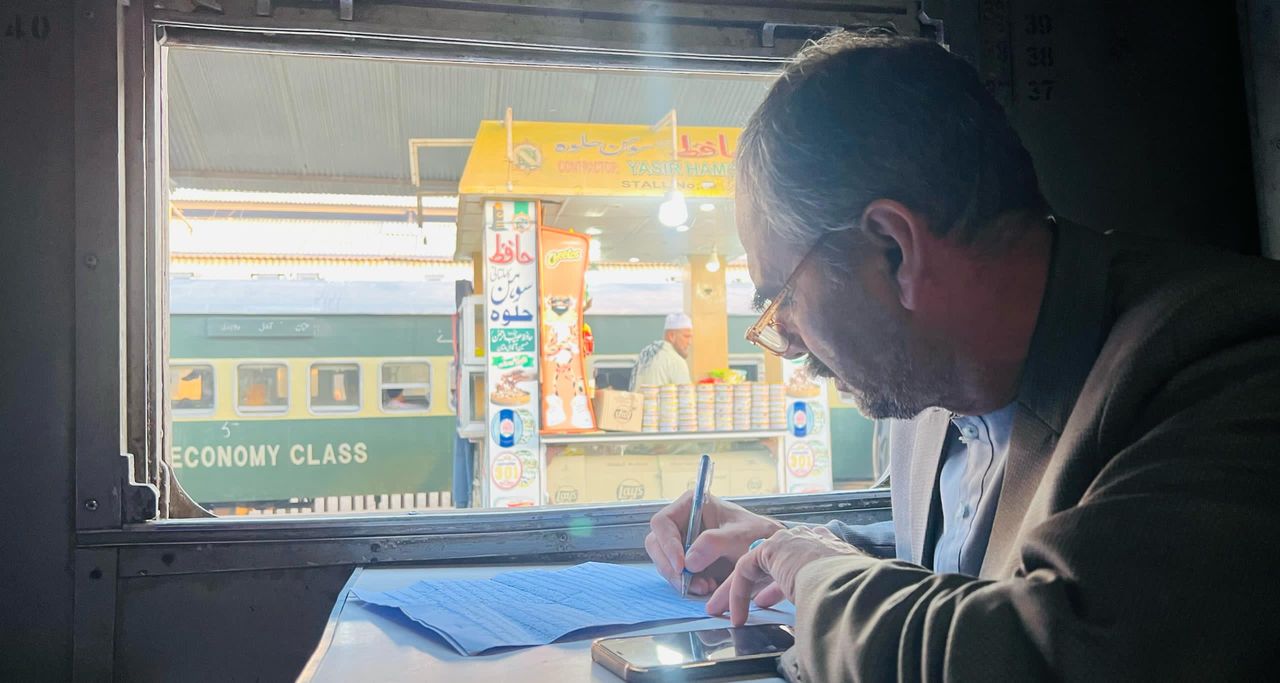 Mohammad Ismail Mohebbi Nikpai
Mohammad Ismail Mohebbi Nikpai
Trasnslated by: Mohammad Sakhi Rezaie
In the difficult days of poverty and displacement, the Pakistani government’s deadline to deport Afghan refugees has expired. Pakistani police raided the homes of refugees in Islamabad and Rawalpindi, forcing them to leave these cities. Some took refuge in the cities of Attock, Sargodha and Peshawar, but the majority, without any choice, headed for Karachi; a city that is neither a safe haven nor people have compassion.
The day we left Rawalpindi for Karachi, the train stations witnessed sad scenes:
- Children, with terrified eyes, looked at their parents.
- Mothers, with anxious hearts, hugged their children.
- Old men cast their last longing glances at the cities of Islamabad and Rawalpindi, as if they knew they would never return there again.
When the train started moving, hopes vanished into the dust, and the immigrant passengers were trapped in a journey that had no end in exile.
- The heavy, stuffy air of the wagons, the tired, half-dead bodies, and the tears hidden in their hearts, painted a picture of despair and sorrow.
- Sick children, in the arms of their feverish mothers, had no voice to cry.
- Some of the immigrants could not even chew a bit of bread, and hunger had exhausted their bodies.
- Faces were dusty, minds were filled with fear and an uncertain future.
Wandering in Karachi; a city that was more ruthless than borders
After an enduring 32-hour journey, the migrants reached Karachi. Nearly 1,300 families took refuge in Hazara-gota areas and dilapidated guesthouses like the Nader Ali Guesthouse. Those without money spent their nights on the roadside, on the hot ground, under the merciless sky. An Afghan migrant seeking shelter for his family asked the owner of a hotel for a reprieve, to give him time, but the response was nothing but absolute cruelty: “I don’t know God, the Prophet, the Imam, Ali, anyone! Only money!” At that moment, it was as if the world had collapsed on the man. The migrants were wounded not by the borders, not by the police, but by their own countrymen.
Endless nights of hunger and pain
In the darkness of the night, the sound of children’s cries echoed through the streets of Hazara-gota. Mothers looked at their children with dry eyes and a hatred that no longer broke into tears. Men silently thought about their bitter fate, without seeing any way out. One mother, while her child had fallen asleep from extreme hunger, whispered: “God, is this justice?”
International Community Indifference; a silence that deepens the wound
The international organizations that always speak about human rights, this time closed their eyes and turned a deaf ear. They, who had repeatedly spoken about the “situation of refugees” in their reports, were now left alone as spectators. The landless, homeless and forgotten migrants looked up to the sky and cried out: “God, do you hear us?”
This narrative is just one corner of the bitter reality of the migrants who, fearing the police, left their homes in Islamabad and Rawalpindi and faced a world of suffering and injustice in Karachi.


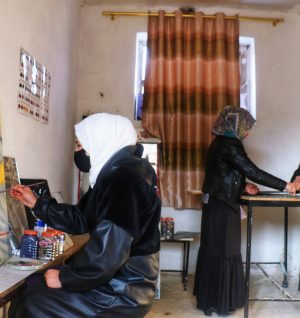
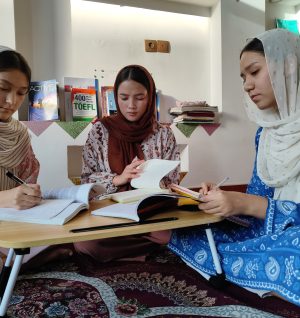
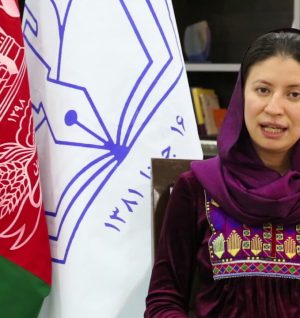

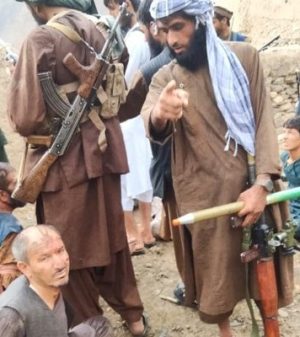
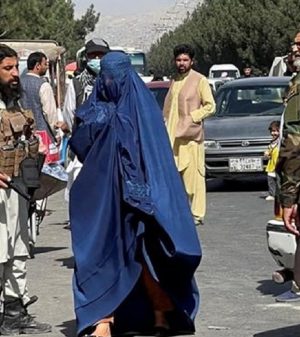
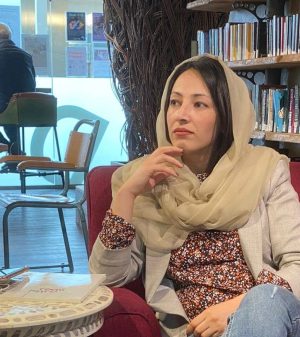
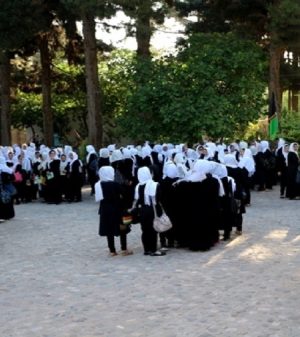
Add Comment